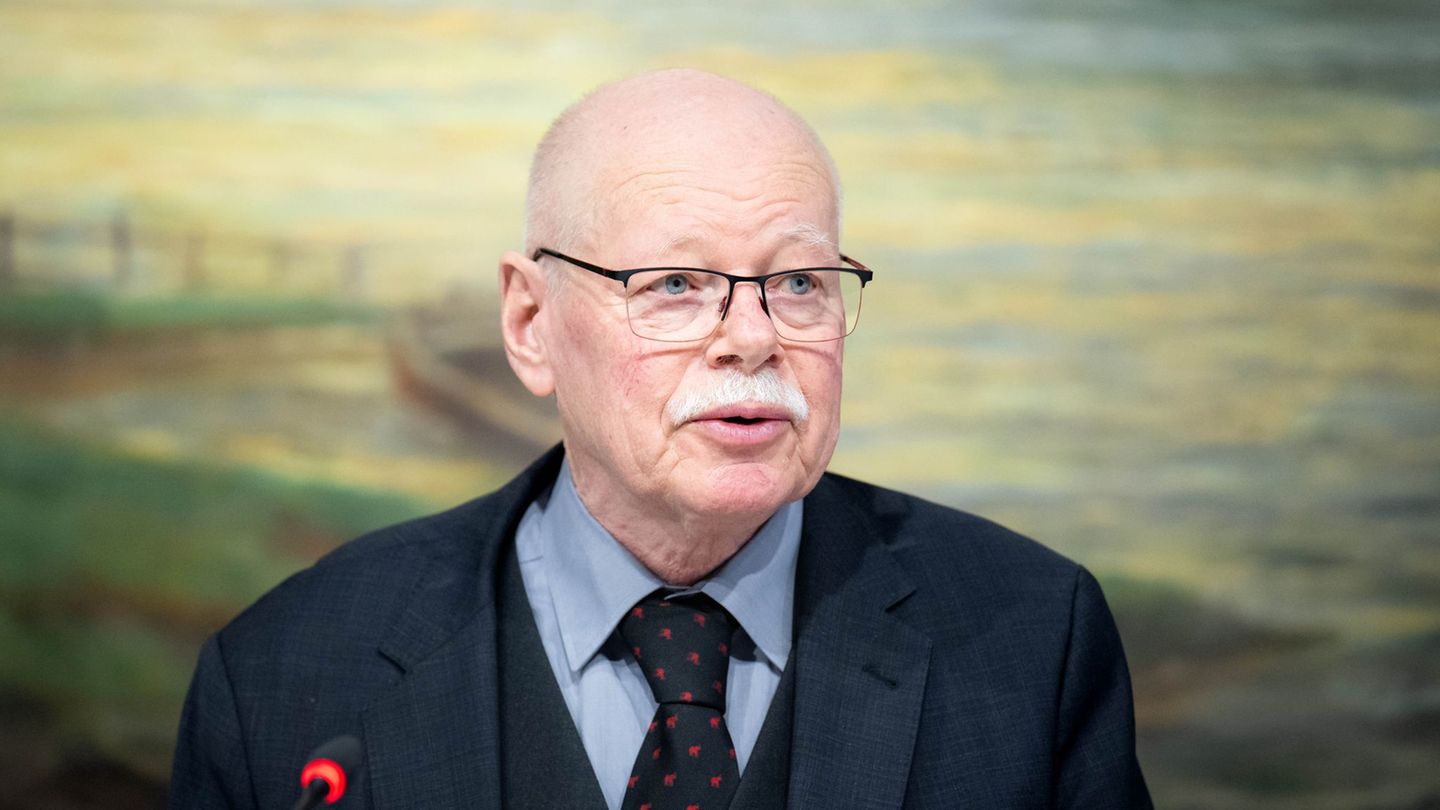I have been working in the news industry for over 6 years, first as a reporter and now as an editor. I have covered politics extensively, and my work has appeared in major newspapers and online news outlets around the world. In addition to my writing, I also contribute regularly to 24 Hours World.
Menu
BUND-LANDER meeting: Interior Ministers’ Conference: Security on the train and deportation
Categories
Most Read
Situation at a glance: Trump insists on maintaining the Gaza ceasefire
October 21, 2025
No Comments
Punishment in the Libya affair: Imprisonment for ex-President Sarkozy: What awaits him in La Santé
October 21, 2025
No Comments
Trump has parts of the White House torn down for his ballroom
October 21, 2025
No Comments
Controversial expansion: demolition work on the White House for Trump’s ballroom
October 21, 2025
No Comments
Portland: Donald Trump is allowed to send National Guard to Oregon
October 20, 2025
No Comments
Latest Posts

“Flied through the vehicle” – These 3 child seats failed the ÖAMTC test
October 21, 2025
No Comments
Image: (Weihbold) The current results The mobility club tested 16 current models in the categories of safety, operation, ergonomics and pollutants. “Even though no product

Seal windows: How to minimize heat loss
October 21, 2025
No Comments
save energy Seal windows: This keeps the cold outside – and the heat inside Copy the current link Add to watchlist When it gets colder

Record: model building fair attracted crowds of visitors to Ried
October 21, 2025
No Comments
Several halls attracted visitors with different themed worlds. Trains of all scales Mini construction sites for young and old As in the previous year, this
24 Hours Worlds is a comprehensive source of instant world current affairs, offering up-to-the-minute coverage of breaking news and events from around the globe. With a team of experienced journalists and experts on hand 24/7.

